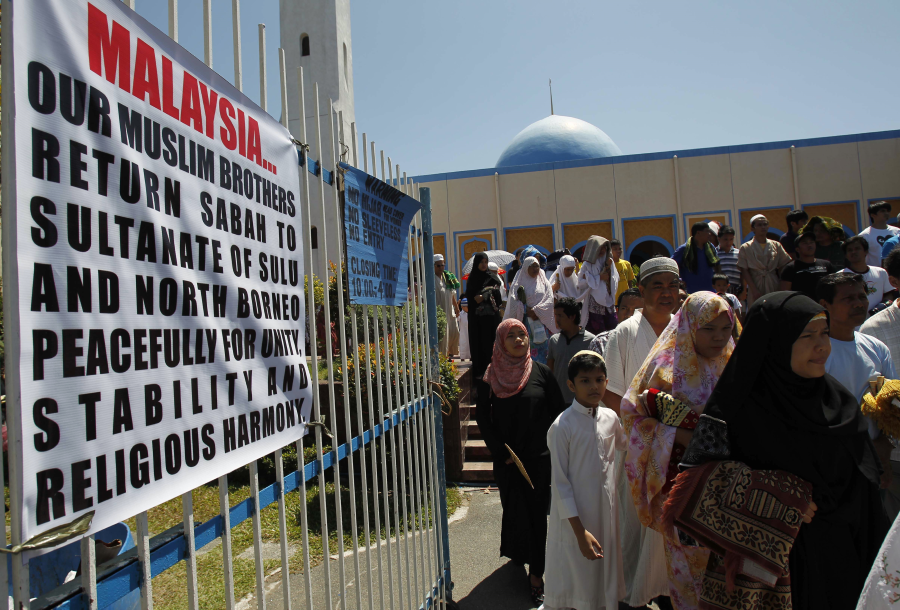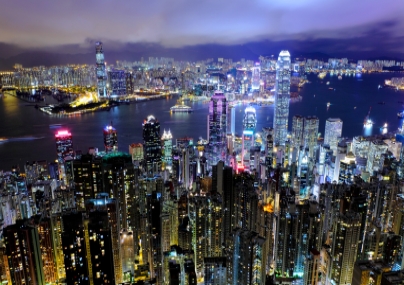
In July, a court in France issued a verdict that was hailed by the Malaysian government as a “decisive victory” in its decades-long dispute with a group of alleged Filipino heirs of a 19th-century sultanate over claims to Malaysian state assets overseas.
Over 16 percent of Malaysia’s yearly budget was at stake after the Southeast Asian country was ordered by a Spanish arbitrator to pay $14.92 billion to the heirs of Sulu Sultan Mohammed Jamalul Alam (Sulu Sultan), who once controlled territories spanning some islands in present-day Philippines and the Malaysian state of Sabah.
Malaysia didn’t participate in the arbitration, which began in 2017 in Spain and was initially overseen by Spanish arbitrator Gonzalo Stampa, who then moved the case to France to deliver the award.
In the latest development, the Paris Court of Appeal ruled that the arbitral tribunal in France lacked jurisdiction over the case and thus raised possibility that the second-largest arbitration award on record could be annulled.
Dato’ Nitin Nadkarni, a consultant, and Soh Zhen Ning, an associate at Lee Hishammuddin Allen & Gledhill, applauded the French court’s decision. “Arbitration is a consensual dispute resolution process. All litigating parties must consent to have the dispute resolved through arbitration. With respect, as the French Court correctly held, there is no valid and subsisting arbitration agreement between the parties. Therefore, the arbitration should not have commenced in the first place,” note Nadkarni and Soh. The start of the saga dates back to 1878 when the Sulu Sultan signed an agreement with two European adventurers to relinquish lands in Borneo (now the state of Sabah) in consideration of an annual payment. After gaining independence from Britain, Malaysia took over the agreement and kept making annual payments of around $1,000 to the Filipino heirs of Sulu Sultan.
But the arrangement stopped in 2013 when a group of self-proclaimed successors of Sulu Sultan launched a failed armed incursion into resource-rich Sabah, which killed more than 50 people, including civilians.
Malaysia’s decision to cut the payments prompted protests from the heirs, who claimed to have nothing to do with the incursion; they opted for arbitration against Kuala Lumpur initially in Spain. Spanish arbitrator Stampa ruled in the heirs’ favour and ordered Malaysia to pay $14.92 billion to the Sulu claimants. One of the major cruxes of the case lay at whether Stampa, or the Spanish court, had the jurisdiction to oversee this case. Nadkarni and Soh believe Stampa’s appointment was questionable.
“There was simply no connection between the Spanish court and any aspect of the arbitration, and it is unacceptable for a former colonial nation to arrogate to itself the power to appoint an arbitrator to resolve a dispute between Malaysia and the citizens of the Philippines, which involved issues of sovereignty over lands situated in Malaysia,” say Nadkarni and Soh. After a Spanish court revoked Stam-pa’s appointment following a successful bid by Malaysia, he continued to preside over the arbitration in France. To Kuala Lumpur’s delight, the Paris Court of Appeal decided that the arbitrator who heard this case lacked jurisdiction over the dispute; and the appointment of the arbitrator was “incompetent”. Moreover, the French court ordered the Sulu claimants to pay Malaysia around $107,000 in costs. But the issue of compensation remained unaddressed.
“The French Court Ruling on the Partial Award that the arbitrator lacked jurisdiction must be fatal to the Final Award (compensation amounting to $14.92 billion). It is very likely that the French courts will eventually allow Malaysia’s application to set aside the Final Award,” note Nadkarni and Soh. “In recent months, we have seen steps taken by the Sulu claimants to levy execution on the assets of Malaysia and Malaysia’s state-owned enterprises in Luxembourg, the Netherlands, and France. This is a cause for concern,” they add. But most recently, in June, the Hague Court of Appeal in the Netherlands dis-missed the Sulu claimants’ application for recognition and enforcement of the arbitration award. The claimants are now considering their options before the French Supreme Court. Nadkarni and Soh are not optimistic about their chances. “Unless the Sulu claimants succeed on appeal, they will have little chance of levying execution on Malaysia’s assets in France and the Netherlands. It is safe to say Malaysia has secured significant victories in France and the Netherlands. However, the arbitration award remains enforceable outside of France and the Netherlands due to the New York Convention,” say Nadkarni and Soh.


